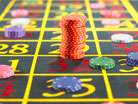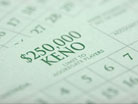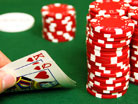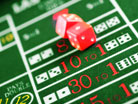Gambling Theory Overview
Gambling theory
Statistics has been used and applied in gambling theories since decades now. There are several applications and theories which have been developed over the years which tell us exactly how to make the best decision even when there is only little information available. Information theory is considered to be a formal expression of the gambling theory which is why it is so often applied to several types of games of chance.
Given below are a few very well known theories which are often applied to gambling:
- Kelly betting
Kelly betting gambling theory is also known as proportional betting and it is an application of the information theory which is often applied to gambling. The theory had been developed by John Larry Kelly Jr. The theory was developed to help the gambler maximize the expectations from his capital rather than maximizing the profit on every bet.
This is especially important because if the player focuses on just maximizing the profit on each bet he would be tempted to gamble all his money on a favorable bet. If he/she looses all the capital would be lost. According to Kelly it is the capital which is more important and on which the long term profit depends.
- Side information
A bit is the entropy in any event where there are two possible outcomes. If we knew the outcome beforehand we would double our bet on the winning outcome. According to Kelly no matter how complicated the situation is we can still use an optimum strategy, which is known as the Kelly Criterion to increase our capital with any amount of side information that we can obtain.
Side information can affect the actual event itself along with our knowledge about the outcome. The information we have will always affect the decisions that we make. If we know which horse is going to win in a race we will always bet all our money on that horse even though it is just a rumor. It is thus very important to evaluate the information based on which we make our decisions.
- Expected gains
There is an important relation between the information that a gambler has and the expected growth in his capital using that information. The theory is known as expected gains and it helps analyze the best betting strategy in such situations. The expected gain is calculated based on the initial capital, the capital after the bet is made and the amount of the side information which the player has about the bet. This equation is applied when there are no minimum bets or any transaction costs. When either of these two constraints is present, there is another important concept which comes into play. There is a probability of the gambler's ruin which must be faced by the gambler.
While these theories and applications might seem to be very complicated and not applicable in real life, the fact is that several gamblers do try to apply them in real life situations too. These theories had been originally developed to be applied in gambling but over time they have also been adapted and changed to suit other situations in life.
| Online Casinos for AU, UK, CA | ||
| Casino | Bonus | Play |
 |
Get Welcome Bonus $1200 Free | Play |
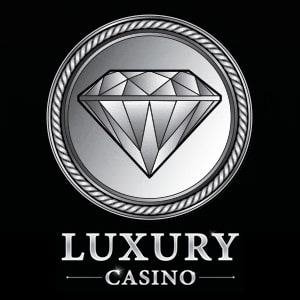 |
€1000 free bonus at Luxury casino | Play |
 |
Get a $500 FREE bonus | Play |
 |
€1250 Free Bonus at Casino Action Mobile! | Play |
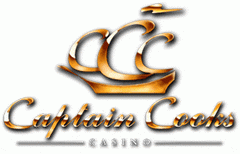 |
100 Free Chances to Win! | Play |
Small Games of Chance
Players all over the world are fond of playing games of luck that do not require lots of trainig and learning.
Probability Theory
The random events are the main objects of investigation of the probability theory, which is a branch of mathematics.
House Edge
Random Number Generator

Compulsive Gambling
Compulsive gambling is a medical condition known as addiction to gambling even in casino online.

Games of Skill
Games of skill requires lots of practicing from players if they want to be successful.







